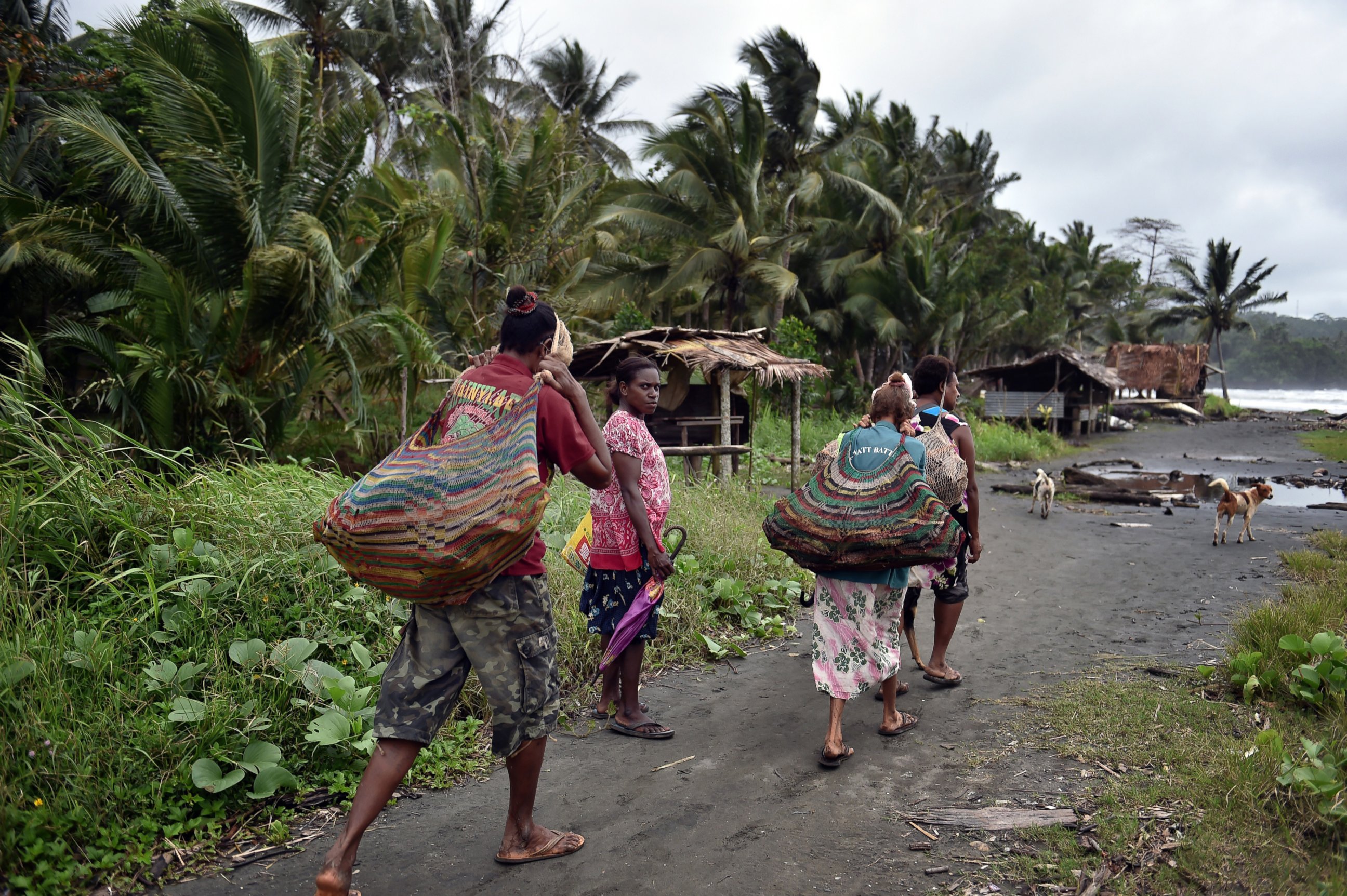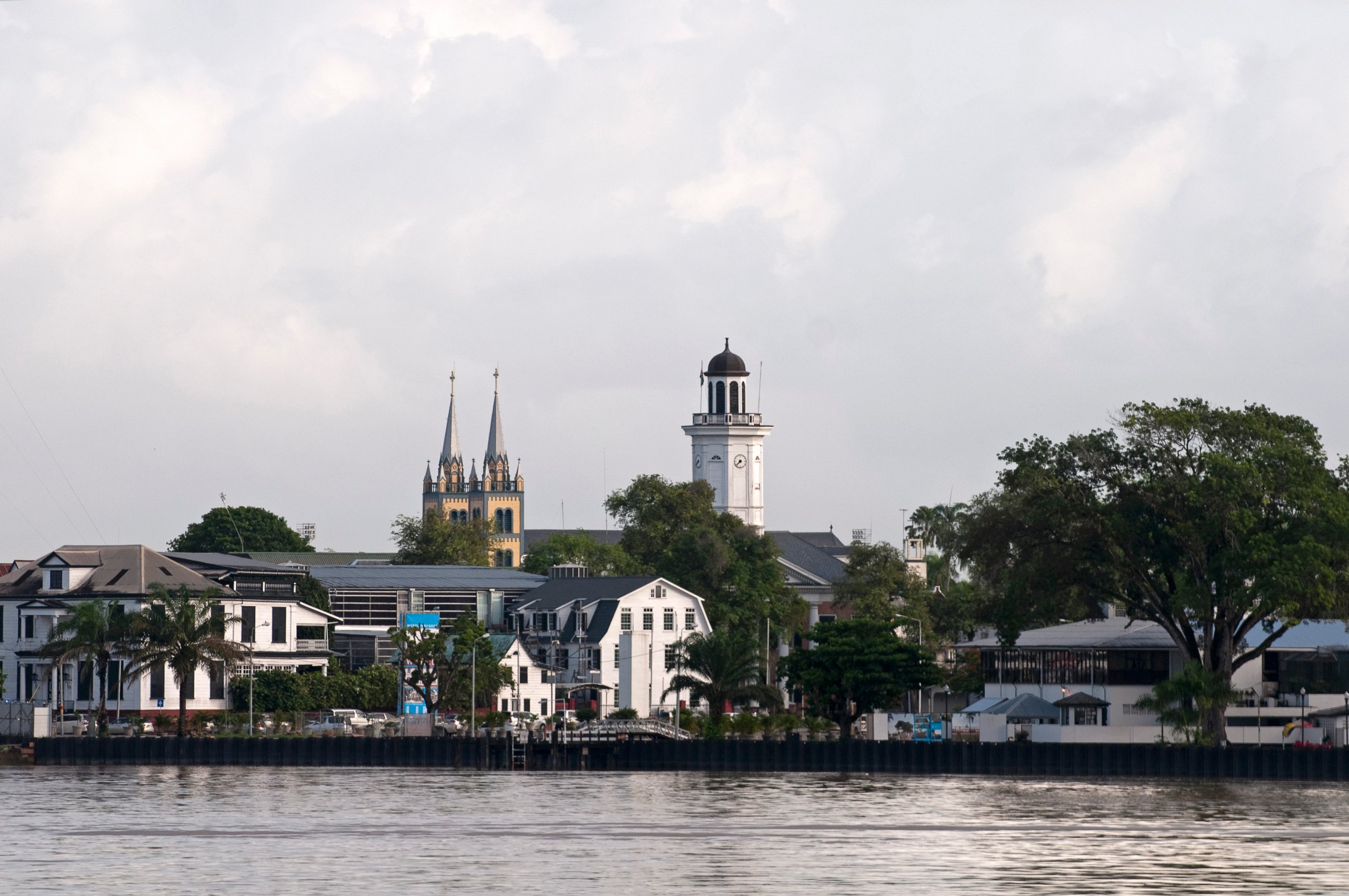US Is Only Industrialized Nation Without Paid Maternity Leave
A message in time for Mother's Day shows that U.S. family leave is an oddity.

— -- In time for Mother's Day, advocates for paid family leave are reminding people that the U.S. is only one of three countries in the world that don't offer paid maternity leave and faces negative consequences without statutory paid family leave. The other two countries are Papua New Guinea and Suriname.
A Better Balance, a New York-based national legal advocacy group that promotes workplace fairness for families, released a report today titled "Investing in Our Families: The Case for Paid Family Leave in New York and the Nation."
"For workers without paid family leave, taking time off to care for a new baby or a seriously ill loved one can have devastating long-term financial consequences, ranging from racking up credit card debt to raiding savings to bankruptcy," Dina Bakst, co-founder and co-president of A Better Balance, told ABC News. "Paid family leave would provide a critical safety net for these working families in their times of need.”

The United Nations' International Labour Organization said last year that out of the 185 countries and territories with available data, all but three provide cash benefits to women during maternity leave. Oman, Papua New Guinea and the United States provide some form of maternity leave but have no overall law for cash benefits.
Since then, Oman established paid maternity leave, the World Bank reports; while the World Policy Analysis Center reports that Suriname, which did not have data available for the U.N. report, does not. The World Policy Analysis Center also notes five small Pacific Island states don't offer paid maternity leave: Marshall Islands, Micronesia, Nauru, Palau, and Tonga.
In some countries, cash benefits are only available for a specific number of births. In Malaysia, cash benefits are offered for a woman's first five children, the U.N. report said, while Lesotho provides cash benefits paid by the employer to certain categories of workers.

But the International Labour Organization's committee of experts discourages drawing on sick leave benefits instead of maternity leave benefits, saying it's contrary to its standards on maternity protection. The organization states that "the practice has the effect of unduly shortening the worker’s right to sickness benefits in the postnatal period, when she might need them most, and leading to potential discrimination against women."
In Argentina, if a child has Down syndrome, maternity leave can be extended by an extra six months without pay, but subject to the same conditions as paid maternity leave, the U.N. report said.
Swaziland, which many media outlets report do not offer paid leave, provides cash benefits for two of the 12-week statutory leave period, the U.N. report said.

Julia Wang, director of TheBump.com, a website that offers information on fertility, pregnancy and parenthood, said many women and men are on their own when it comes to parental leave in the U.S., because only half of all workers are covered by the Family and Medical Leave Act, which allows employees of companies with more than 50 employees to take unpaid, job-protected leave up to 12 weeks.
"There are state governments and individual companies that are making progress on maternity rights for women, and we hope that the more people who are aware of what other countries are doing to support women and families, the more they'll fight for rights here at home," she said.
Fathers are also advocating for greater paternity leave benefits in the U.S. Josh Levs is a CNN reporter who successfully advocated for his employer to provide the same leave benefits to biological dads as it did to adopting families. He is author of the upcoming book "All In: How Our Work-First Culture Fails Dads, Families and Businesses -- And How We Can Fix It Together."
“These problems are one and the same. The lack of paid maternity leave and the lack of paternity leave both come from the exact same source,” Levs told ABC News. “This is the problem in America: the source is a view in our workplace policies that women should stay home and men should keep working. If you think the woman should stay home, why would she need paid leave? And if the men worked, why would they need paternity leave? Our workplace policies are built around that ancient, outdated thinking.”




